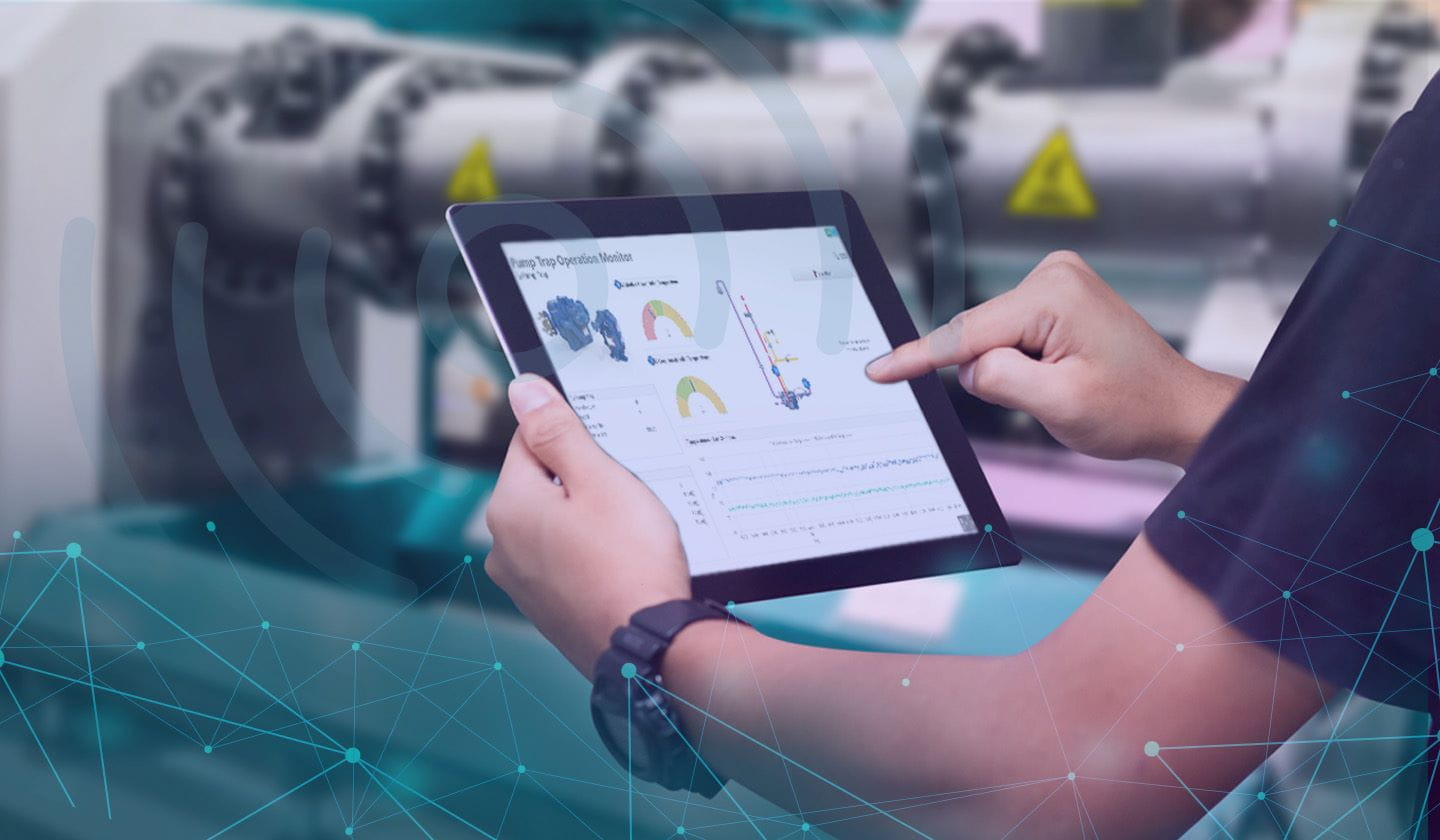05/10/2023
In the ever-evolving landscape of industrial processes, myths and misconceptions often cloud our understanding of certain technologies. One persistent myth is that using steam in industrial processes is inefficient and outdated. However, this notion couldn't be further from the truth. Steam, with its long history and continuous innovations, remains a highly efficient and modern solution for a wide range of industrial applications. In this blog, we will explore the reasons why the myth about steam's inefficiency and outdatedness is so inaccurate.
Energy Efficiency and Heat Transfer
Contrary to the belief that steam is inefficient, it is a remarkably effective medium for heat transfer. Steam's high latent heat allows it to carry a substantial amount of energy, making it an efficient way to deliver heat to various processes. Modern steam systems incorporate advanced heat exchangers and control systems that optimise energy usage, resulting in efficient heat transfer with minimal waste.
Cogeneration and Combined Heat and Power (CHP)
Steam has a pivotal role in cogeneration and combined heat and power systems. These systems generate both electricity and useful heat from a single energy source. The heat produced during electricity generation is utilised for industrial processes, reducing the need for separate heating systems. This approach not only enhances energy efficiency but also reduces overall energy consumption and greenhouse gas emissions.
Flexibility and Adaptability
Far from being outdated, steam-based processes have shown remarkable adaptability to modern technological advancements. With the integration of automation, sensors, and smart controls, steam systems can be precisely managed to optimise efficiency and respond to varying process demands. Additionally, the versatility of steam allows it to be used in a wide array of industries, from power generation to pharmaceuticals, demonstrating its ongoing relevance.
Sustainability and Emissions Reduction
The perception that steam-based processes are environmentally harmful ignores the strides made towards sustainability. Industrial processes using steam have evolved to reduce emissions and minimise environmental impact. Clean-burning fuels, improved combustion technologies, and the incorporation of renewable energy sources like biomass have all contributed to reducing the carbon footprint associated with steam processes.
Innovations in Steam Technology
Rather than stagnating, steam technology continues to evolve. At Spirax Sarco we are proud to introduce our innovative TargetZero solutions designed to electrify on-site gas-fired boilers and eliminate scope 1 emissions, whilst retaining the advantages, performance and reliability of steam.
By working together with our key industries, we can transform steam use into a powerful force for sustainability, embracing innovation and responsibility for greener, cleaner and safer facilities.
Additionally, research into supercritical steam cycles and advanced materials for steam generation promise to make steam-based processes even more efficient in the future.
Integration with Green Technologies
Steam processes are far from incompatible with green technologies; in fact, they can work in harmony. For instance, steam can be used to drive thermal energy storage systems that store excess energy from renewable sources for use during peak demand periods. This integration enhances the stability of green energy sources and reduces reliance on fossil fuels.
Dispelling the myth that steam in industrial processes is inefficient and outdated is essential to recognising the enduring benefits and modernity of steam technology. From energy efficiency and flexibility to sustainability and integration with cutting-edge technologies, steam remains a cornerstone of various industries. As industries continue to evolve, it's crucial to acknowledge the ongoing advancements in steam-based processes and their contribution to a more efficient, sustainable, and modern industrial landscape.
The unsung hero of boilerhouse efficiency
Find out how you can utilise condensate recovery to drive down costs, make your company more productive and improve your company’s environmental and public profile.
Boilerhouse Efficiency Quick Start Guide
A win-win situation: Increase productivity and help the environment
Now is the time to optimise your control systems potential
Process managers could be making improvements to increase efficiency and product quality by paying closer attention to the specification of controls systems used within their facilities – that’s the current message from Spirax Sarco’s National Controls Specialist, Darren Silverthorn.
Maximise safety efficiency and productivity with wireless steam trap monitoring
Process, energy, and maintenance managers looking to maximise safety, efficiency, and productivity, are being urged to take a proactive approach to plant management by including wireless steam trap monitoring within their proactive maintenance regime.
Process is King - Keep your process working at its peak
Believe it or not, you can make this a reality through your choice of control valve. You will already know that accurate temperature and pressure control maintains process efficiency, which makes control valves an invaluable part of any steam system. So what should you be looking for when sourcing an efficient control valve?
Efficient steam trap management: How to maintain a safe, lower carbon and energy-efficient steam system
Implementing an effective steam trap management plan, doesn’t need to be complicated. Lowering Carbon output, increased production and energy savings are all benefits you could achieve from regular management.

